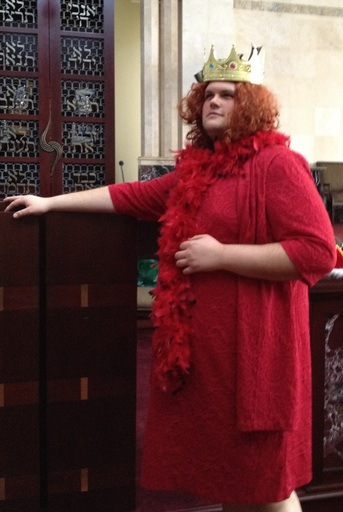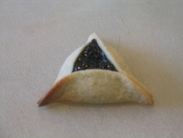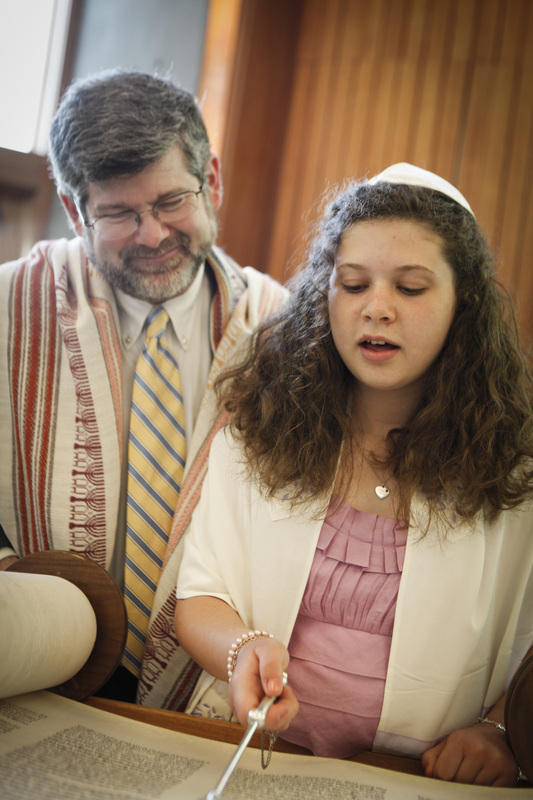-Esther 4:14 (JPS Translation)
My favorite verse in the whole Megillah comes after Mordechai tells Esther about Haman's plans and asks her to intercede before the king. Esther protests that she would risk death if she appeared before the king without being asked. Mordechai answers by telling her that this may be the very moment for which she has become queen.
The careful use of language here—the hedging of "perhaps" and the unnamed agency by which Esther has become queen—all point to Purim's hidden theme. God is never mentioned in the Megillah, but can be found between every line.
There is an Ashkenazic custom of writing a Scroll of Esther so that the word, HaMelech, "The King," appears as the first word of almost every column. In the literal story of Purim, "The King" means the dopey, drunken Achashveirosh. However, in the hidden story, the king at the top of each column is the King of Kings of Kings, the Holy Blessed One, pulling the strings and setting the story's course.
So it is in our lives. People say, "Oh, God," in moments of exasperation, anxiety or delight, and they think that they are just using an expression. Yet, the words betray a hidden presence. In the moments that matter most in our lives, we want to know that we are not alone in the universe. We want to know we have a reason for being here.
Mordechai says to Esther, "Who knows?," because God's presence is sometimes better left as a question than an answer. Perhaps God only peeks around the corners of our lives. Perhaps we are better off seeing ourselves as the agents of our own destinies, as Mordechai and Esther are portrayed in today's story. Purim is the holiday for celebrating our mastery of our own fate, and that's good. Yet, there is always that question—"Who knows?"—hovering unnamed at the top of every column.
Who knows? Perhaps you have a purpose, too.
Other Posts on This Topic:
Miketz: Deception




 RSS Feed
RSS Feed
